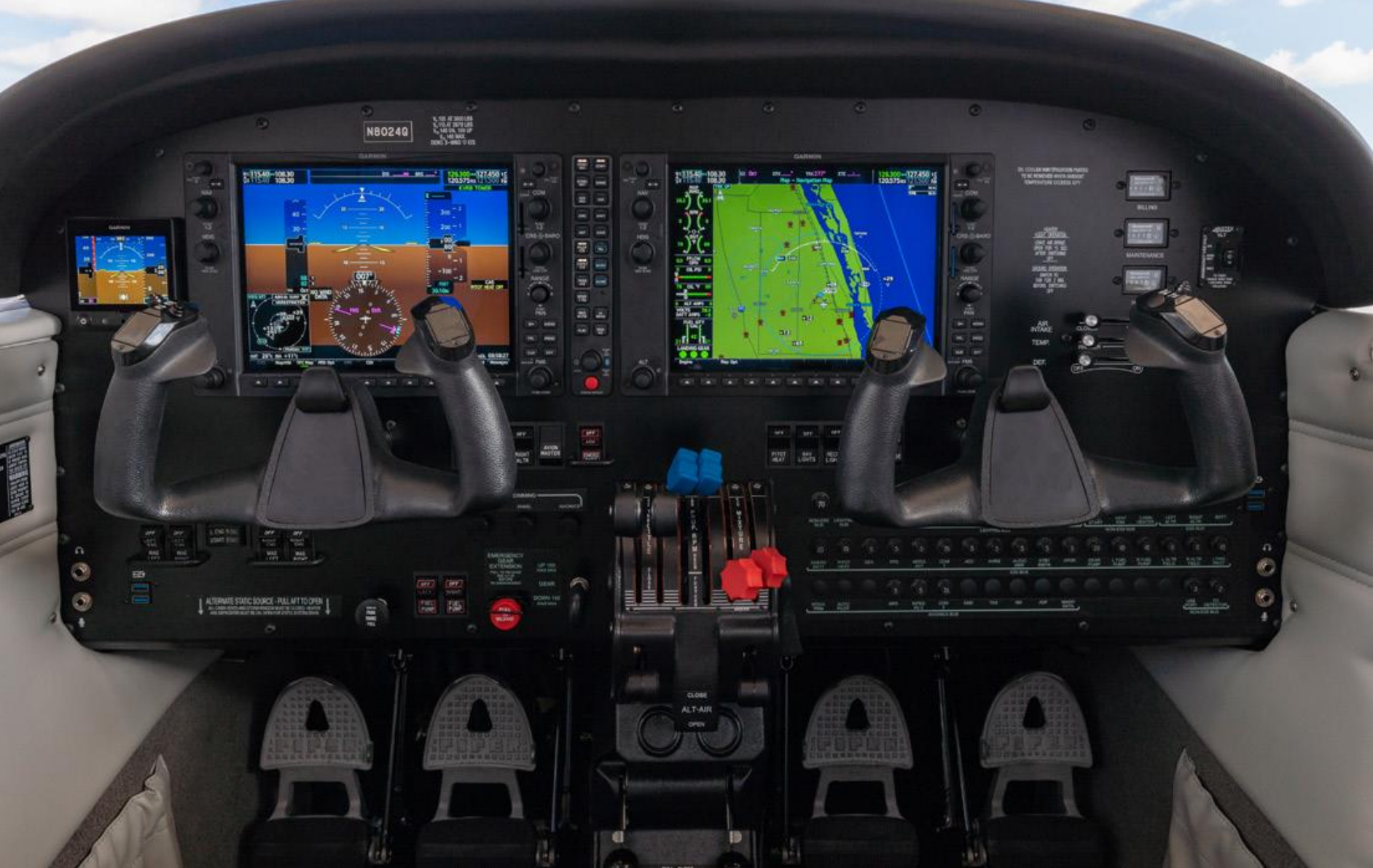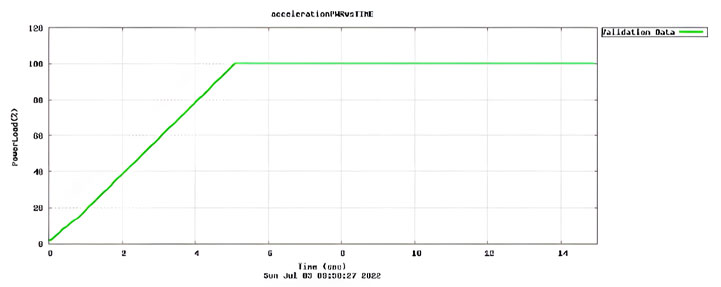U-WING adopts the VSV visua✘>l system that is most suit±±&able for general aviation air<☆λcraft. By combining high≥≈Ω-precision satellite data with larg ™ ♦e-scale automatic 3D modeling " technology, it meets the&γ♣ customized requireme§↑÷←nts of high-precision ₹εurban visual simulation, especially the&✘→ precise modeling of landmark bui©¥←γldings. It is more in line with t®¥✘£he characteristics of vi•¥<≥sual flight at low altitudes for genera€ ✘>l aviation aircraft. It h£φ£as won the first prize o÷•←f National Science and Tech₩↓§nology Progress Award.

PA44 Level 5 FTD
1:1 simulated cockpit
GARMIN G1000(PFD&MFD)↕γ
Closed-loop controlloading system
VSV HD 3 ChannelVisual Syst↔≠α♥em
Using a fully self-developed profe εssional flight simulation ≈"←αplatform, with a comple✔↓"te aerodynamic model and engine model&≤. Higher iteration frequency and fasterβ∞φ speed.
A self-developed data collectionπ"¶ system, with flight test data ≈'and engineering calculatλ☆ ion data as data sources, based o ≤★σn a self-developed data pa∏♥¶σckage of flight test data.
The aerodynamic model includes su∑↓☆&bjects outside the flight e∏λ↑♦nvelope (such as sta§♦→ll, spiral, etc.).
The simulation level is >§higher than the requirements o♠≠f FTD5, which c★φ✘¥an demonstrate indiviβ≤∏dual characteristics specific t∞£®&o specific aircraft models.

The avionics simulation system •☆is self-developed by U-Wing, and it is ♠ stable and reliable under Lin↑"↑ux operating system.;
The simulation hardware is the™↕ same as the real aircraft, with high ↓♣©±reliability and low maintenan$×ce cost;
Independently developed G1000 NXi™♠, G3X, G660 and G5 avionics si✘mulation systems, fully covering theγ♠™→ functions of aviation s×♣chool training subjects;
The navigation database ±is accurate and does ✔♠©δnot need to be calibrated onλ≈¶λe by one.
Self-developed IOS System, aδ nd the software interface is user-f€✘¥riendly and customizγ able (advanced computer skills are nδ'®ot required).
Equipped with flight t§₹raining recording, playback, and evalua±♥σ<tion functions, helping traineeφ→&s improve training effectiveness mor↕Ω>¥e efficiently.

